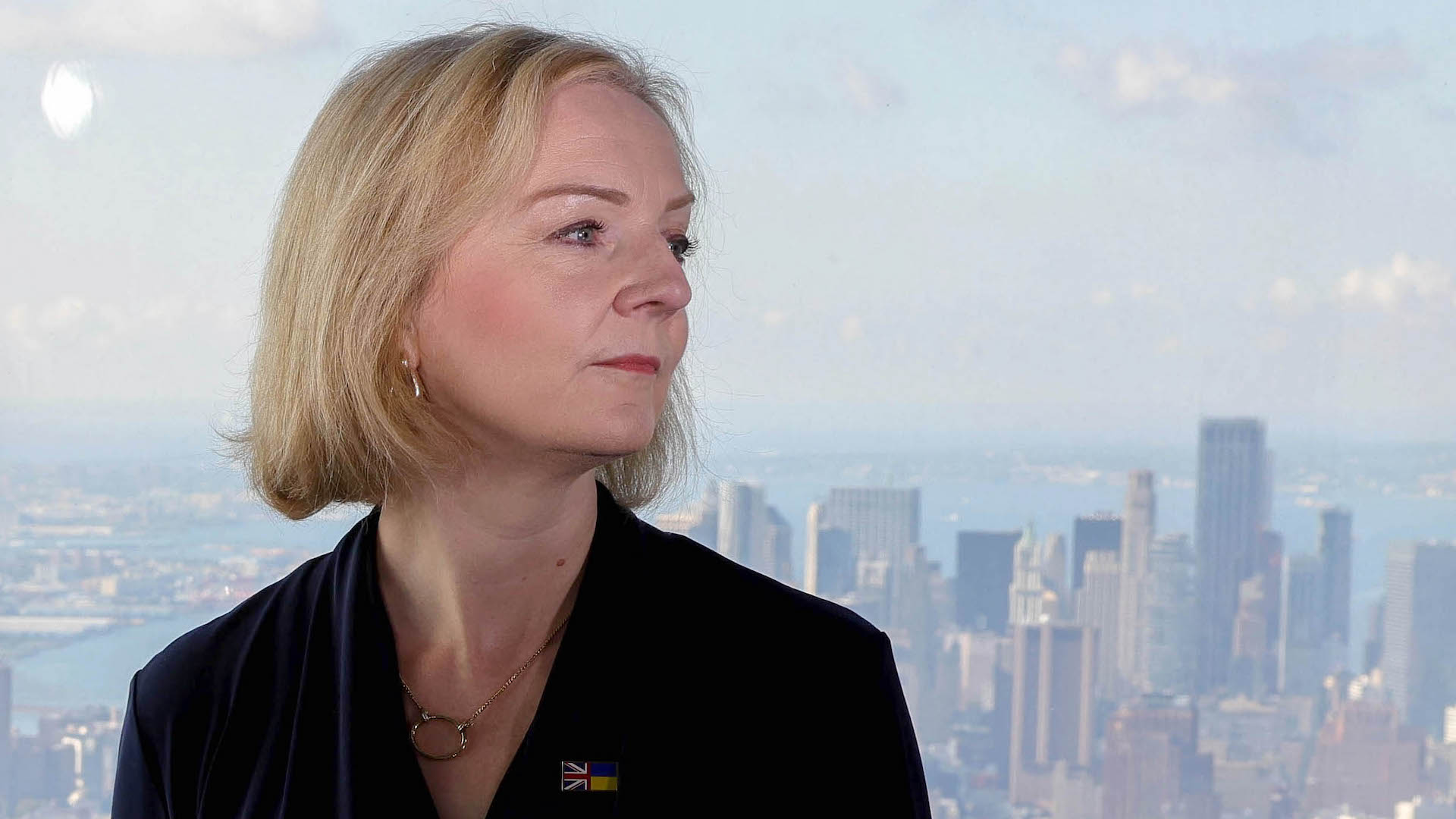What is meant by trickle-down economics?
We can argue until the cows come home about whether “trickle down” really exists. The idea is that generosity to the richest “trickles down” and creates wealth for those at the bottom. A rising tide lifts all boats, that kind of thing. It’s what Thatcher and Reagan did, which is why everyone’s talking about them now.
It’s the alter ego of supply-side economics – which in basic terms means cutting taxes, getting rid of regulations. And that, in a nutshell, is what Liz Truss and Kwasi Kwarteng are planning to do.
It’s these policies you’ll see branded as trickle-down – usually by their critics. The term has fallen out of fashion, with economists denying it was ever recommended, and even Pope Francis dismissing it as a concept which “fails society”.
He said in 2013: “Some people continue to defend trickle-down theories which assume that economic growth, encouraged by a free market, will inevitably succeed in bringing about greater justice and inclusiveness in the world.
“This opinion, which has never been confirmed by the facts, expresses a crude and naïve trust in the goodness of those wielding economic power and in the sacralized workings of the prevailing economic system.”
In many ways, economics and religion are no different. Large swathes of economic theory can generously be described as astrology for people with no fashion sense: some fairly vague predictions are made, and you can just assume your situation fits.
Advertising helps fund Big Issue’s mission to end poverty
A key part of trickle-down economics is the Laffer curve and its use is no different. It’s a theory suggesting that if taxes are too high or too low, the economy will suffer. The trick is finding the sweet spot where the rate of tax maximises revenue. But the Laffer curve doesn’t actually say what this rate is.
The key to supply side economics is to assume, always, that your economy is on the “taxes are too high” side of the Laffer curve, and go from there. Which is exactly where Truss and Kwarteng are coming from: cut taxes for businesses and the richest in society — the wealth creators, in this theory — and the economy will grow, benefiting everyone else in the long run.
Your support changes lives. Find out how you can help us help more people by signing up for a subscription
Does trickle-down economics actually work?
The question there is: does cutting taxes and regulation make everyone richer?
On a broad scale, not really. The FT’s Martin Wolf points out that there’s no correlation between prosperity and tax rates when looking at high-income countries, so it’s just the few at the top getting the breaks who benefit.
And lots of other countries are acknowledging that cutting taxes isn’t the way to go. The OECD – known to readers of the Economist as “a club of mostly rich countries” – agreed a minimum corporate tax rate of 15 per cent last year. The UK’s is currently at 19 per cent, Ireland’s is 12.5 per cent.
Advertising helps fund Big Issue’s mission to end poverty
Leading economists have been poring over the question for decades. The World Inequality Report 2022, carried out by academics including Thomas Piketty and Emmanuel Saez, rebuked trickle-down economics, found that on the whole, wealth does not filter down to the poorest: “The world is marked by a very high level of income inequality and an extreme level of wealth inequality.”
Get the latest news and insight into how the magazine is made by signing up for the Inside Big Issue newsletter
Who benefits from trickle-down economics?
The theory goes that everyone benefits from trickle-down economics because those at the top re-invest that money back into society, creating more jobs, paying more wages and. But its critics say it only helps the rich.
Rather than paying their own way, corporations enjoyed tax cuts with a net cost to the UK treasury of £72.6bn from 2010 to 2018, according to research from the Social Market Foundation (SMF), at the same time as spending on police, the NHS, education, social and child services were all cut drastically.
Rather than boost investment, the IPPR think tank said this had the effect of reducing business investment in the UK to the lowest rate in the G7, and such cuts were “not a magic wand that can be waved to rid ourselves of our problems,” the SMF said.
There’s also the question of whether higher profits will find their way back into the economy, or get squirrelled away offshore, and of whether – even though the economy grows – the benefits are felt at all levels of society.
Advertising helps fund Big Issue’s mission to end poverty
In 2015, the International Monetary Fund concluded that making the rich richer didn’t result in benefits for the poorest, with a report finding: “We find that increasing the income share of the poor and the middle class actually increases growth, while a rising income share of the top 20 percent results in lower growth — that is, when the rich get richer, benefits do not trickle down.”
With so many sceptics, you could forgive the new PM for wondering whether her approach is the right one to take. That doesn’t appear to be happening.
On her way to the US, Truss told reporters: “Lower taxes lead to economic growth, there is no doubt in my mind about that.”









